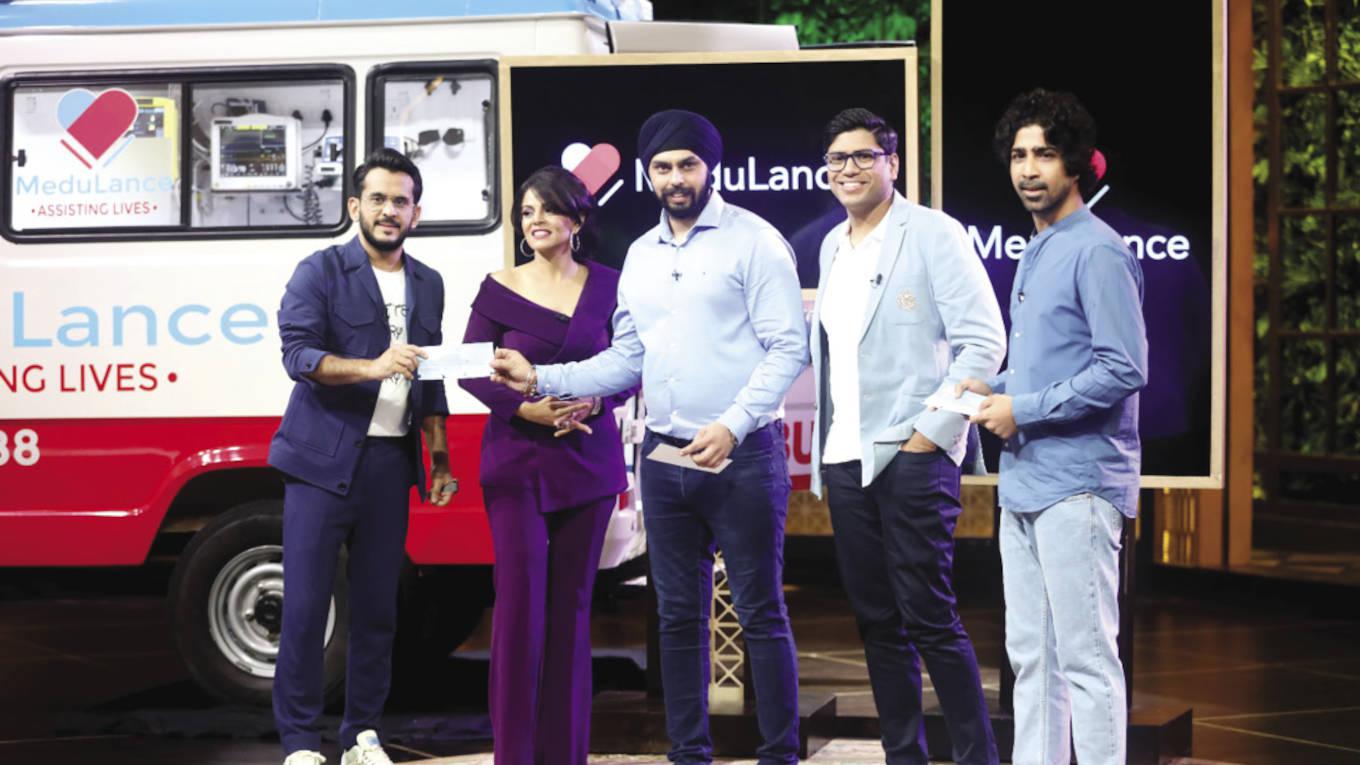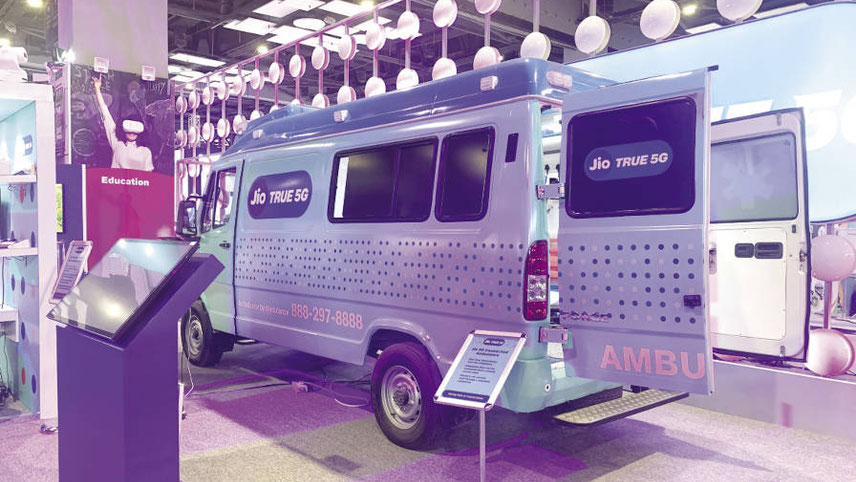If you have been hooked on to Shark Tank series (two seasons have been shown so far on Sony TV), you would have definitely noticed a distinctive pattern. A majority of participants who manage to raise funds from the sharks usually end up signing the deal not exactly on their own terms. In some deals, their desperation to get the financial support for survival at once becomes visible. And so does their inability to assert to get the best for them. Many a time, you would wish that the sharks need to be more charitable and not exactly behave like the hard-nosed money lenders they appeared to be. Simply put, the sight of contestants asserting unequivocally displaying that typical ‘takes it, or leave it’ attitude (usually the hallmark of the sharks) is a rarity on the show. And that made Pranav Bajaj and Ravjot Singh Arora, co-founders of the Delhi-headquartered emergency response provider Medulance, special, when they appeared on the show early this year. They turned heads initially with their request of 2 per cent equity dilution for Rs2 crore (total valuation: Rs100 crore) and then refused to align with a shark, who offered them Rs5 crore for 5 per cent equity. They eventually got the deal on their own terms. Commenting on their confidence, a leading panelist from the shark’s camp had wryly observed that their appearance on the show is solely meant for brand building. Remind Bajaj of this comment now and he would respond back with a broad smile. However, he does not hesitate to admit that appearance on Shark Tank has made a world of difference to Medulance in terms of brand recall. The company formed by the two co-founders in 2016 (actual operations began a year later) today is known in the market as a reliable ambulance service provider, effectively using popular technological tools. “My co-founder Ravjot Arora had suffered a personal loss due to inefficient ambulance service. That was the time when Ola and Uber had come to the market and begun taking advantage of the proliferation of smartphones. We thought, why not we use the same technology in a space where problems are too prevalent? There is no dearth of ambulances in the country, but they are highly unregulated and often fail to deliver. We identified this problem and committed to provide a solution,” explains Bajaj, while citing that over 30 per cent of victims of road accidents and health emergencies in India lose their lives due to delay in receiving first-point medical attention. The bootstrapped start-up had begun its innings on a pilot basis by gathering a fleet of 350 ambulances, mostly from private operators. But, soon, it realised that focussing on end-users like a typical consumer-focussed company will not work as it is not a recurring business. And quickly the co-founders changed the tack giving precedence to a B2B model. “Under this model, we started enrolling facility management firms and then corporates ensuring 24x7 availability of ambulances close to their large premises. This happened under a subscription model, which committed providing ambulance service within five minutes to members of that facility which is our subscriber. This is not possible in on demand model. On the top of it, we deployed professional paramedics who collect patient’s data and provide to the hospitals before the patient reaches there,” says Bajaj. A win-win equation Later, Medulance also joined hands with private hospitals, offering them the option to completely outsource their emergency response services. “It brings many capex and opex benefits for hospitals. They now have to focus on clinical aspect which is their core expertise. It’s a win-win equation,” he further adds, acknowledging that some noted hospitals have come on board under this scheme.
-

Bajaj (extreme right) and Arora (middle): reliable ambulance service providers


































